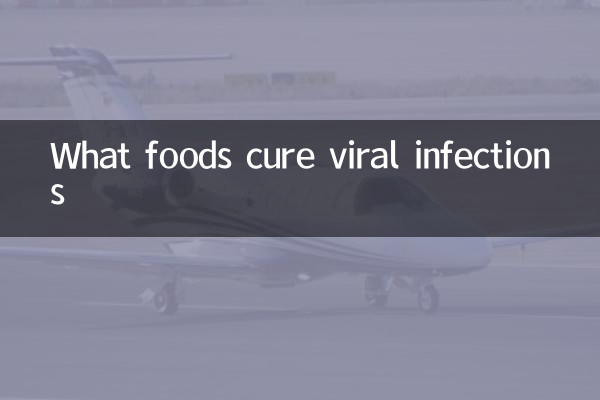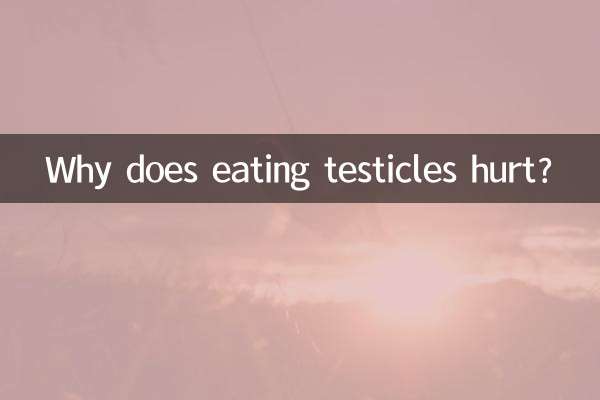Title: What foods treat viral infections? Analysis of hot topics on the Internet in 10 days
Recently, with the high incidence of seasonal influenza and respiratory virus infections, the discussion on "food anti-viral" has soared across the Internet. The following is a summary of hot topics on the Internet in the past 10 days (as of November 2023), combined with scientific research, to analyze foods with potential antiviral effects.
1. Top 5 popular anti-viral foods on the Internet

| Ranking | food name | Hot search index | Mainly associated viruses |
|---|---|---|---|
| 1 | Honey | 92,000 | Influenza virus, respiratory syncytial virus |
| 2 | ginger | 78,000 | common cold virus |
| 3 | garlic | 65,000 | Influenza virus, herpes virus |
| 4 | green tea | 53,000 | COVID-19 (in vitro research) |
| 5 | citrus fruits | 41,000 | Various respiratory viruses |
2. Scientifically proven antiviral food ingredients
The following food ingredients have shown antiviral potential through laboratory studies (and some in humans):
| food ingredients | Mechanism of action | research evidence level |
|---|---|---|
| Allicin (garlic) | Inhibit virus replication | Strong in vitro, limited human evidence |
| Gingerol (ginger) | Reduce inflammatory response | Clinical studies support symptom relief |
| Quercetin (onion/apple) | Block viruses from entering cells | Animal testing works |
| Vitamin C (citrus) | Enhance immune function | Controversial, may shorten the course of the disease |
3. Nutritionists recommend anti-viral diet plans
Combining popular discussions and scientific research, the following dietary strategies are recommended:
1.In the morning on an empty stomach:Brew honey + lemon with warm water (antibacterial and vitamin C supplement)
2.Staple food pairing:Vegetable soup with minced garlic (allicin needs to be chopped and allowed to stand for 10 minutes to take effect)
3.Drink options:Green tea (contains EGCG) or ginger and jujube tea (repelling cold and anti-inflammatory)
4.Suggestions for snacks:Blueberries/kiwi (rich in antioxidants)
4. Precautions
1. Food cannot replace drug treatment. Severe cases require prompt medical treatment.
2. Garlic, ginger and other irritating foods should be used with caution by patients with gastric ulcers.
3. Honey is not suitable for infants and young children under 1 year old
4. The daily intake of vitamin C should not exceed 2000mg.
5. Expert opinions
A nutrition researcher at the Chinese Center for Disease Control and Prevention pointed out: “Certain food ingredients can indeed help enhance immunity, but three points need to be made clear: ① The antiviral effect of food is much lower than that of special drugs; ② It must be taken regularly for a long time; ③ Individual differences are significant.”
In summary, a reasonable combination of antiviral foods can be used as a means of preventive health care, but existing infections still need to be treated according to medical advice. It is recommended to collect the dietary plan provided in this article and prepare for protection in advance during the high influenza season.

check the details

check the details